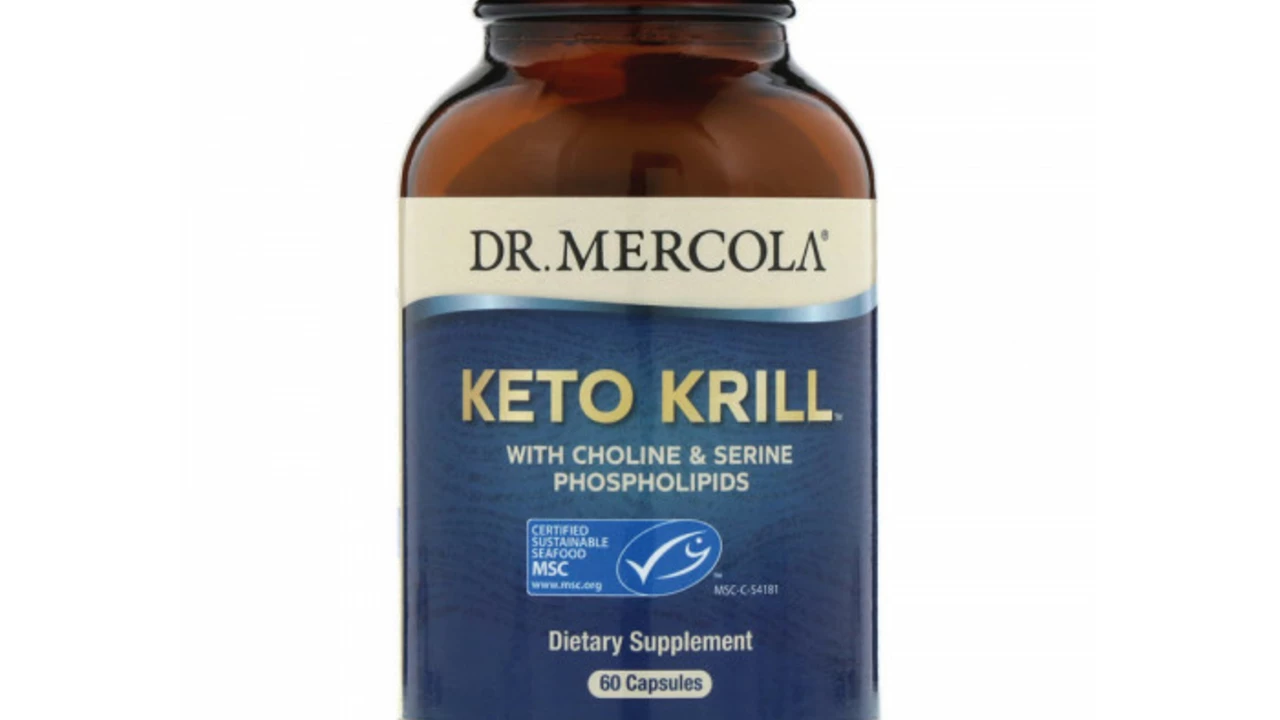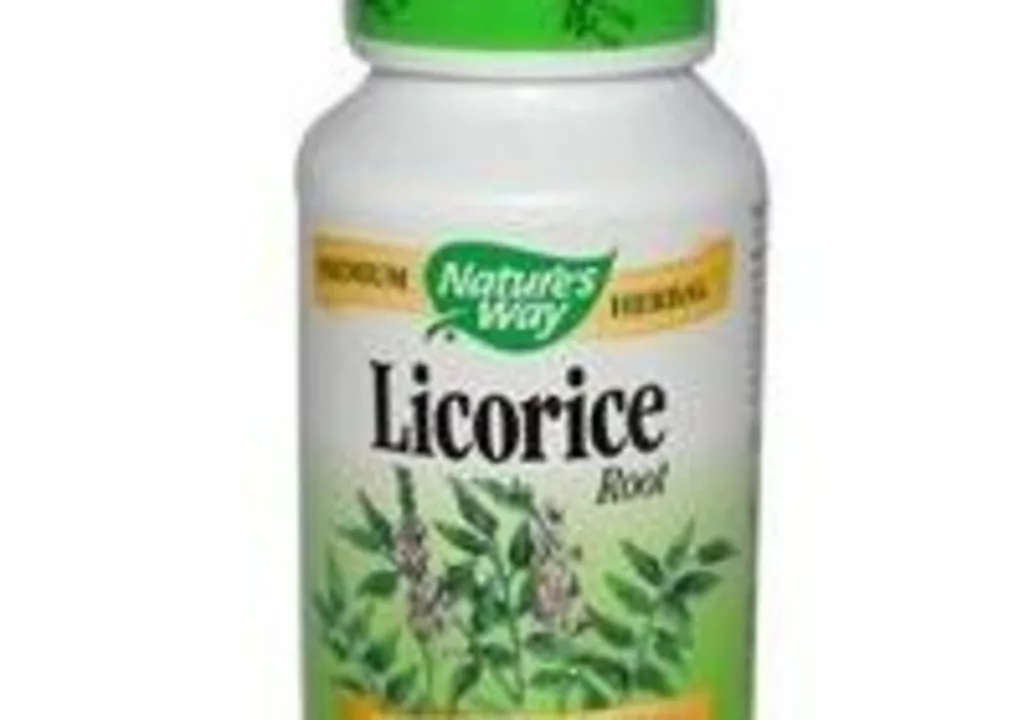Dietary Supplement: How to Choose, Use, and Stay Safe
About half of adults take at least one dietary supplement—so odds are you or someone you care about uses them. This tag page groups our articles on supplements, herbal products, safety checks, and drug interactions so you can find clear, practical advice fast. Supplements can help fill nutrient gaps, ease symptoms, or offer experimental benefits, but they also carry risks when quality is poor or when mixed with medicines. Use this simple approach every time before buying or starting a supplement.
Quick safety checklist
Read the full ingredient list and serving size. Avoid proprietary blends that hide doses. Look for third‑party testing seals (USP, NSF, ConsumerLab) or lab reports. Match the dose to evidence—more is not always better. If you take prescriptions, check for interactions with your pharmacist or doctor. Skip supplements if you are pregnant, breastfeeding, or planning surgery unless a clinician approves. Report side effects to your provider and to the FDA MedWatch program.
Relevant NowRx articles to read
"The Surprising Health Benefits of Stavesacre Supplementation" explains what the herb contains, possible benefits, and safe ways to try it.
"Herbal Supplements That Interact With Imipramine" walks through real interactions with St. John's wort, valerian, and kava and what to watch for if you use antidepressants.
"Understanding Isotretinoin: Impact of Diet and the Benefits of Food-Independent Formulations" covers how fat intake and supplement timing can change drug absorption.
"Managing Jock Itch" and related pieces show how simple topical products and laundry habits beat unnecessary oral supplements for skin issues.
"Vermox Uses, Dosage, and Safety" and parasite-treatment articles explain when medication is needed instead of unproven herbal fixes.
Also explore comparisons and alternatives articles when a supplement claim sounds like a prescription substitute—those posts help you weigh real medicine against marketing claims.
Practical interaction examples: St. John's wort can lower blood levels of birth control pills and several antidepressants. Vitamin K supplements or diets high in leafy greens can change warfarin dosing. High doses of fish oil or garlic supplements may increase bleeding risk when taken with blood thinners. Iron and calcium can block absorption of some thyroid medicines and antibiotics—take those separately by a few hours. If a supplement claims to cure disease, treat that as a red flag. Look for clear dose info and human studies,not only testimonials. Start one new supplement at a time and track effects for two to four weeks. Store pills in a cool, dry place away from sunlight, and check expiration dates. If affordability is an issue, ask your pharmacist about generic vitamin options or local programs that offer tested low-cost products.
If you want one quick rule: treat supplements like medicines. Check quality, confirm need with a health pro, and watch for interactions. Use the search on NowRx.com to find more posts under this "dietary supplement" tag, or contact your pharmacist for a medication-supplement check before you start anything new. Need help? Ask our pharmacist for a personalized supplement check—often covered by insurance.






